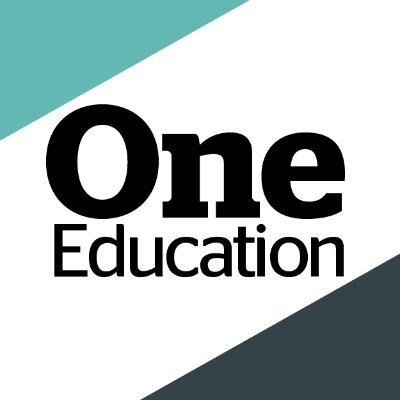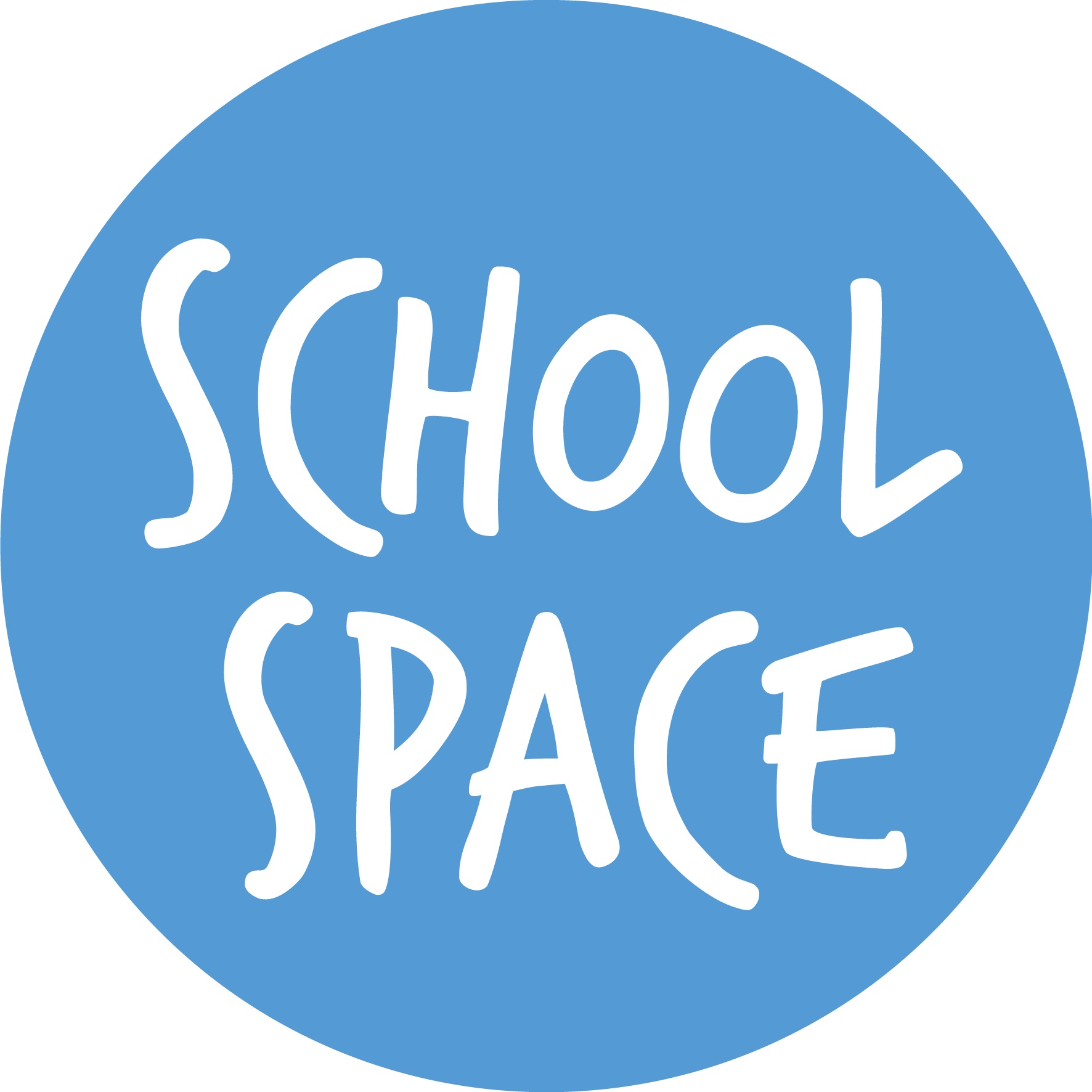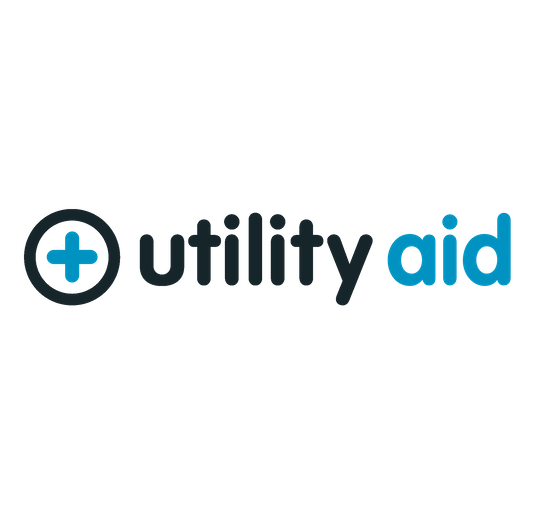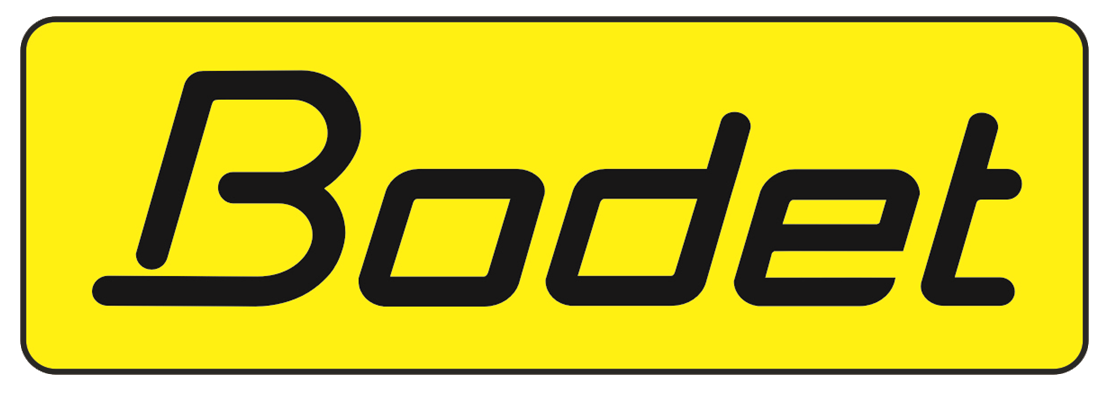


Our team sorts through all blog submissions to place them in the categories they fit the most - meaning it's never been simpler to gain advice and new knowledge for topics most important for you. This is why we have created this straight-forward guide to help you navigate our system.


And there you have it! Now your collection of blogs are catered to your chosen topics and are ready for you to explore. Plus, if you frequently return to the same categories you can bookmark your current URL and we will save your choices on return. Happy Reading!
I am in a very lucky position to work alongside lots of fantastic Early Years practitioners and support them in achieving their aim of improving opportunities for their children and families. Of the various amazing different groups of practitioners I have spoken to, trained and shared ideas with over the past year, I have become increasingly aware of the importance of explicit teaching. This idea of explicit teaching ensures that children in the early years develop strong and secure connections and has certainly provided interesting discussion amongst pedagogists.

To me it’s ensuring that we consider the smaller steps within the development matters statements, which are quite vast, and understanding the important developmental steps which children need to move from misconception/not known to confidence/competence. It certainly doesn’t mean didactic teaching where everything is transferred to the children in the hope that they retain this knowledge and retrieve it at another time. Obviously a secure knowledge of child development is crucial to be able to evaluate the key milestones which children tend to go through as they venture into the big wide world. However, more than this is the need to consider what skills and knowledge children need at the appropriate time and the strategy to use which engages and supports them.
One of the most interesting and reflective conversations I had with a group of fantastic and experienced Early Years practitioners was the idea of explicit teaching versus child led (or in the moment) learning. There was a feeling that this idea of explicit teaching could be in direct contrast to this and would potentially stifle children’s preferred way of learning and achievements. The words ‘too structured’ were definitely said, but this is not the case at all in my opinion. I am a strong advocate of children being encouraged to learn in their preferred way and for their interests to be used as a vehicle for learning in order to make sense of what is going on around them. However; as much as we plan and consider the provision for the children, making it relevant to their interests and developmental needs (in all aspects), children still need the time and input from a sensitive and amazing adult who knows them as thinkers and explorers. This enables them to adapt their own language to mould and support the children’s thinking process.
Explicit learning provides a bridge for children to know how this provision can be explored and manipulated. This way, when children are learning independently, chances are that their learning will be deeper and more secure because they have the key skills and knowledge to be able to apply and challenge their thinking in an environment which supports all their needs. For more information on explicit teaching there is a good overview available here: http://www.evidencebasedteaching.org.au/crash-course-evidence-based-teaching/explicit-teaching/

The author

Read more

Read more

Read more

Read more

Read more

Read more

Read more

Read more


Are you looking for solutions? Let us help fund them! Nexus Education is a community of over 11,000 schools that come together to share best practise, ideas and CPD via online channels and free to attend events. Nexus also offers funding to all school groups in the UK via nexus-education.com


Established in 2011, One Education is a company at the heart of the education world, supporting over 600 schools and academies. Our unique appeal as a provider is in the breadth and synergy of the services we offer, supporting school leaders, teachers and support staff to achieve the best possible outcomes for their pupils and staff.

School Space is a social enterprise that has empowered schools for over 12 years through their profitable and hassle-free lettings services. So far, they’ve generated over £5 million in revenue for education, helping to connect over 200 schools with their local communities.


Operoo is a school operations and productivity platform. We help thousands of schools and trusts to eliminate slow, expensive and repetitive tasks. Operoo helps schools streamline and digitise processes, drastically reducing the associated costs: From student pre-admissions, permission forms, payments, and school trips; to medical information and emergency contacts, incident reporting, staff agreements, and more in over 100 languages.


Unify is an online sales and marketing tool that allows users to create tailored personalised documents in moments.


There’s nothing special about the energy we sell. In fact, it’s exactly the same energy as all our competitors provide. But there is something special about the way we do it. Where others complicate the process, we simplify it. Where others confuse customers with hidden terms, we’re an open book. And where others do all they can to make as much money from their customers as possible, we do all we can to make as little. Everything we do, we do it differently. Our customers are a privilege. One we’ll never take advantage of.


Securus provide market-leading monitoring solutions to safeguard students on ALL devices both online and offline. We also offer a full monitoring service, where we carry out the monitoring on behalf of the school, freeing up valuable staff resources. From the smallest school to large MAT groups, Securus offers safeguarding protection for all!


As European leaders of Time Management Solutions, Bodet offer Lockdown, Clock, Bell & PA Systems. Harmonys, our five-in-one IP/PoE Bell System, provides a unique customisable lockdown or panic alarm alert. Melodys, a Wireless Bell System, is useful where wiring can be difficult.